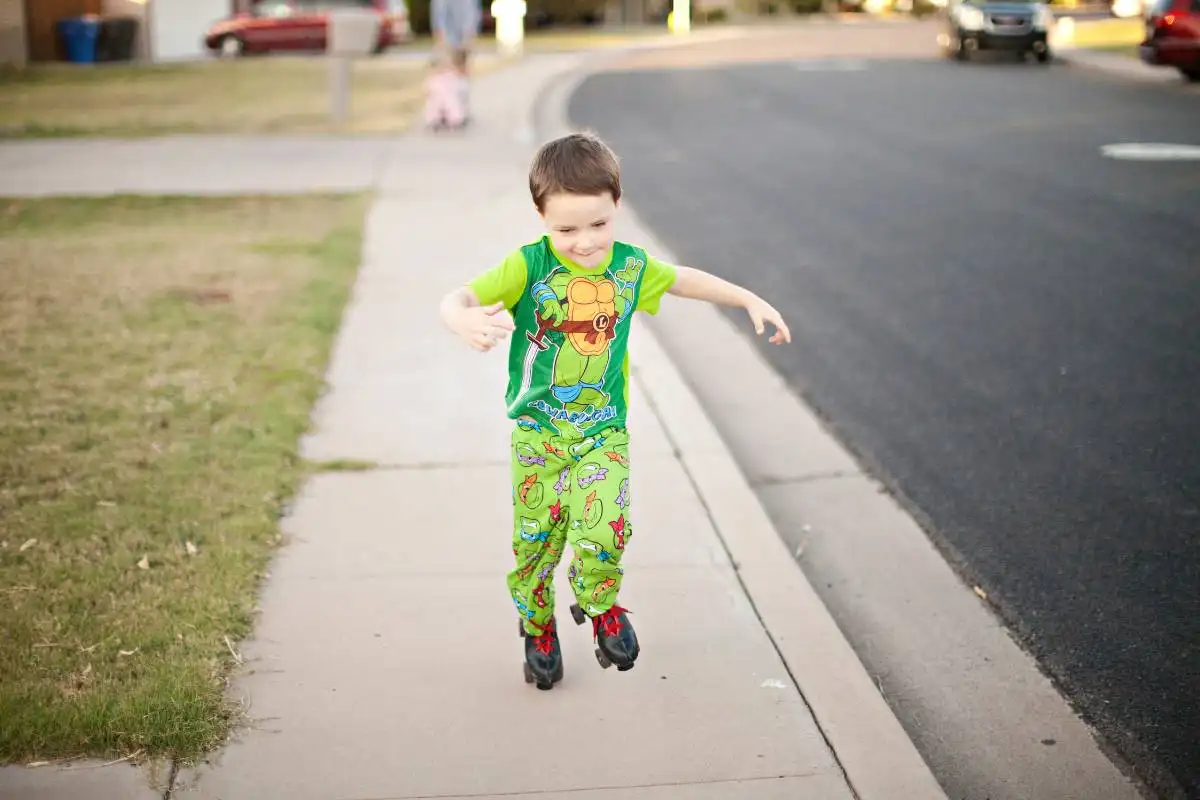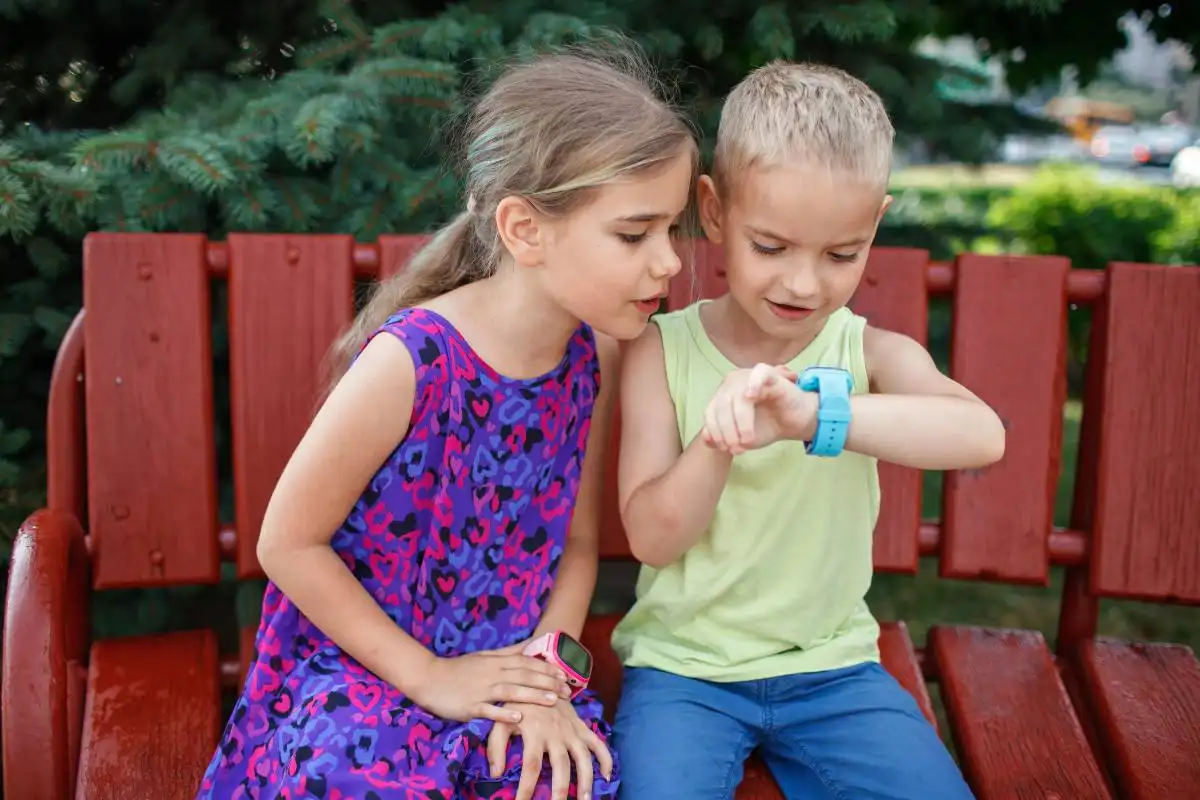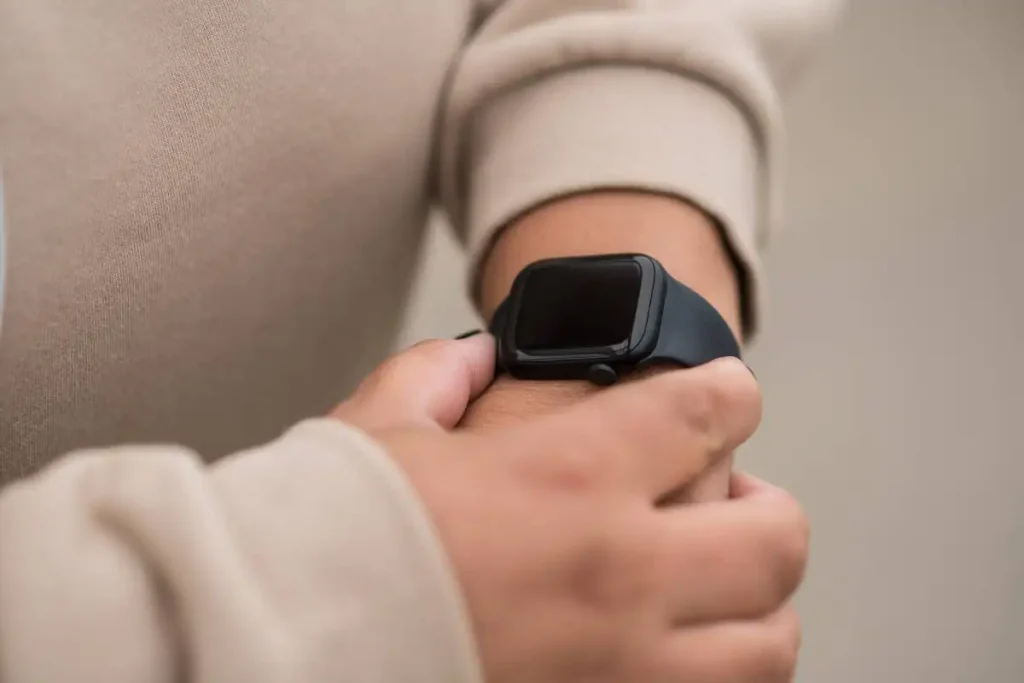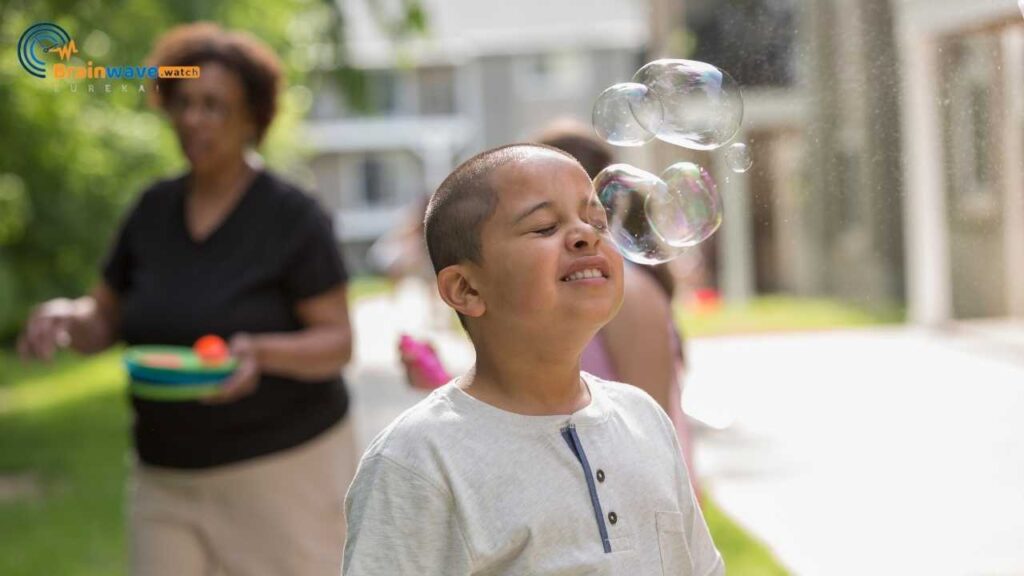In an increasingly connected world, the safety of special needs children is often at the forefront of parents’ concerns. With unique challenges that may accompany various conditions, ensuring their security is paramount.
The integration of GPS tracking technology into smartwatches presents a transformative solution that can significantly enhance the safety and well-being of these children. This article explores how GPS tracking in smartwatches provides peace of mind for parents while empowering children with special needs to explore their environment more freely.
Importance of Safety for Special Needs Children

The safety of children should be a primary concern for any parent, but for those who have children with special needs, this concern can multiply exponentially.
Unique Challenges Faced by Special Needs Children
Special needs children may face numerous challenges that could make them vulnerable in various situations. Conditions such as autism spectrum disorder, Down syndrome, or other developmental disabilities can impact their ability to communicate effectively or recognize dangers in their surroundings.
This vulnerability can lead parents to feel anxious when allowing their children to engage in activities outside the home, even when they are surrounded by trusted individuals or within familiar environments.
GPS tracking technology embedded in smartwatches helps alleviate some of these worries by providing real-time information about the child’s location.
The Role of GPS Technology in Modern Safety Solutions
GPS, or Global Positioning System, is a satellite-based navigation system that enables users to determine their approximate location anywhere on Earth. In recent years, this technology has evolved beyond its original military applications, finding significant uses in personal safety devices, especially for vulnerable populations.
Smartwatches equipped with GPS tracking not only offer location awareness but also include features designed specifically for children with special needs, making them tailored tools for safety. The merger of technology with daily wearables opens new avenues for parental supervision while fostering independence for the child.
Peace of Mind for Parents
One of the most crucial aspects of using GPS tracking in smartwatches is the peace of mind it brings to parents. Knowing that they can track their child’s movements in real-time allows parents to focus on other responsibilities without the constant worry of their child’s whereabouts.
This added layer of safety can lead to enhanced overall family dynamics. Parents might find themselves more willing to allow their children to participate in social activities, knowing they have the tools to ensure their child’s safety. Ultimately, this encourages a healthy balance between freedom for the child and security for the parent.
Features of GPS Tracking Smartwatches for Special Needs Children

Not all GPS tracking devices are created equal; various smartwatch features can specifically cater to the needs of special needs children and their families.
1. Real-Time Location Tracking
Real-time location tracking is perhaps the most essential feature of GPS-enabled smartwatches. This capability allows parents to monitor their child’s exact location instantly, reducing anxiety during outings or school days.
When children engage in activities outside the home or classroom, parents can access a dedicated app on their smartphone to verify their child’s location immediately. Many devices use geofencing technology, which sends alerts to parents if their child steps outside predetermined safe zones.
This instant notification can act as a deterrent against wandering, a common behavior among children with certain developmental issues.
2. SOS Alerts and Emergency Features
Another critical aspect of safety-focused smartwatches is the SOS alert function. In case of emergencies, children can activate the SOS feature with a simple button press. This action sends alerts directly to designated caregivers or emergency contacts, providing immediate assistance.
With dedicated buttons or touchscreen controls, children can easily call for help when facing unexpected situations. Additionally, many smartwatches come equipped with two-way communication, enabling children to reach out to their parents or guardians whenever needed.
3. Health Monitoring Capabilities
Beyond mere tracking, many smartwatches for children also incorporate health monitoring functionalities. Features such as heart rate monitoring, sleep tracking, and activity logs cater to the holistic well-being of special needs children.
Parents can keep tabs on their child’s physical condition throughout the day. If unusual patterns arise—such as elevated heart rates during calm periods—this data can prompt proactive discussions with healthcare professionals. Integrating health monitoring offers an additional dimension of safety, as it allows for a comprehensive understanding of a child’s well-being.
4. Durable and Child-Friendly Design
Safety doesn’t just stem from technology; the physical design of the watch is equally important. Many smartwatches designed for children feature durable materials built to withstand rough handling and everyday wear and tear.
Moreover, colorful designs appeal to children, encouraging them to wear the device regularly. Comfortable straps and lightweight construction contribute to the device’s usability, making it more likely that a child will keep it on throughout the day.
A user-friendly interface ensures that children can learn to operate the watch independently, enhancing their sense of autonomy.
Empowering Independence While Ensuring Safety

One of the beautiful paradoxes of utilizing GPS tracking technology is that it fosters independence in special needs children while simultaneously ensuring their safety.
Building Trust and Confidence
Equipping children with smartwatches that provide GPS tracking can help build trust between parents and children. As children grow older, they desire increased autonomy. Allowing them the freedom to explore their environment instills confidence and promotes self-esteem.
When parents know they can monitor their child’s whereabouts, they may be more inclined to grant them the liberty to venture out, whether it’s walking home from school or attending a friend’s birthday party. The delicate balance between safety and independence becomes easier to navigate with reliable technology.
Encouraging Social Interactions
Social interactions are vital for the emotional and psychological development of children. For children with special needs, opportunities for social engagement may sometimes be limited.
With the assurance provided by GPS tracking, parents may feel more comfortable permitting their children to engage in social activities. Whether it’s joining a sports team, attending group events, or simply playing outside, these experiences contribute to their emotional growth and social skills.
Teaching Responsibility
Teaching children responsibility is an essential part of growing up. By involving them in the process of managing their smartwatch—for instance, setting boundaries, understanding the importance of staying within safe zones, and recognizing when to use the SOS feature—parents can impart valuable lessons about personal safety.
As children learn to manage their independence with a sustainable approach to safety, they develop lifelong skills. They begin to understand the significance of adhering to rules and protocols that safeguard their well-being.
The Broader Impact of GPS Tracking in Society

While the primary beneficiaries of GPS tracking technology in smartwatches are special needs children and their families, the broader societal implications are profound.
Supporting Inclusion in Education
GPS tracking technology can play a significant role in inclusive education settings. Schools that accommodate special needs children can utilize smartwatches to further support individual learning plans.
By being able to pinpoint a child’s location within school grounds or on field trips, educators can monitor students better and ensure they are where they should be. Additionally, teachers can use the information to identify trends related to movement, helping them create safer and more tailored educational environments.
Community Awareness and Support
Communities are strengthened when they prioritize the safety of their members. The rise of GPS-equipped smartwatches cultivates a culture of awareness and support, encouraging people to look out for one another.
When parents of special needs children feel secure, they are more likely to engage in community activities, share their experiences, and connect with others facing similar challenges. This camaraderie fosters a supportive network that benefits everyone involved, paving the way for advocacy and resources tailored to special needs populations.
Technological Innovations for Vulnerable Populations
As technology continues to evolve, innovations targeting vulnerable populations can improve their quality of life. GPS-tracking smartwatches exemplify how tech can be tailored to meet specific needs, leading to developments in accessibility, usability, and safety.
Industries focused on assistive technologies can draw inspiration from successful implementations like these watches, potentially enhancing the lives of other vulnerable groups, including the elderly or individuals with cognitive impairments.
FAQs
Why should I choose a smartwatch with GPS tracking for my special needs child?
Smartwatches with GPS tracking enable real-time location monitoring, enhancing safety. Additionally, features like SOS alerts and health monitoring provide parents with information to ensure their child’s well-being.
Are GPS tracking smartwatches easy for children to use?
Yes, most GPS tracking smartwatches are designed with intuitive interfaces that cater to children’s needs. They typically include simple navigation buttons and clear displays to make operations straightforward.
Can GPS tracking smartwatches help prevent wandering?
Absolutely. Most devices feature geofencing capabilities, allowing parents to set safe zones around specific areas. If the child leaves these parameters, the parent receives an immediate alert, thus reducing the risk of wandering.
Will my child feel comfortable wearing a smartwatch all day?
Many GPS tracking smartwatches are designed with children’s comfort in mind. Lightweight materials, adjustable straps, and engaging designs encourage children to wear the watches consistently, promoting their routine use.
Is GPS tracking privacy a concern?
Privacy is always a consideration, especially regarding children’s data. Reputable smartwatch manufacturers implement robust security measures to protect user information. Always review privacy policies and settings to ensure your child’s data remains secure.
Conclusion
GPS tracking in smartwatches stands as a beacon of hope and a tool for empowerment for special needs children and their families. By seamlessly merging cutting-edge technology with daily wearables, this innovation enhances safety, fosters independence, and encourages social interactions. With its multifaceted benefits, GPS tracking technology sets a precedent for creating inclusive environments where special needs children can thrive. As we continue to innovate and embrace technology for good, the possibilities for enhancing the quality of life for vulnerable populations remain boundless.







